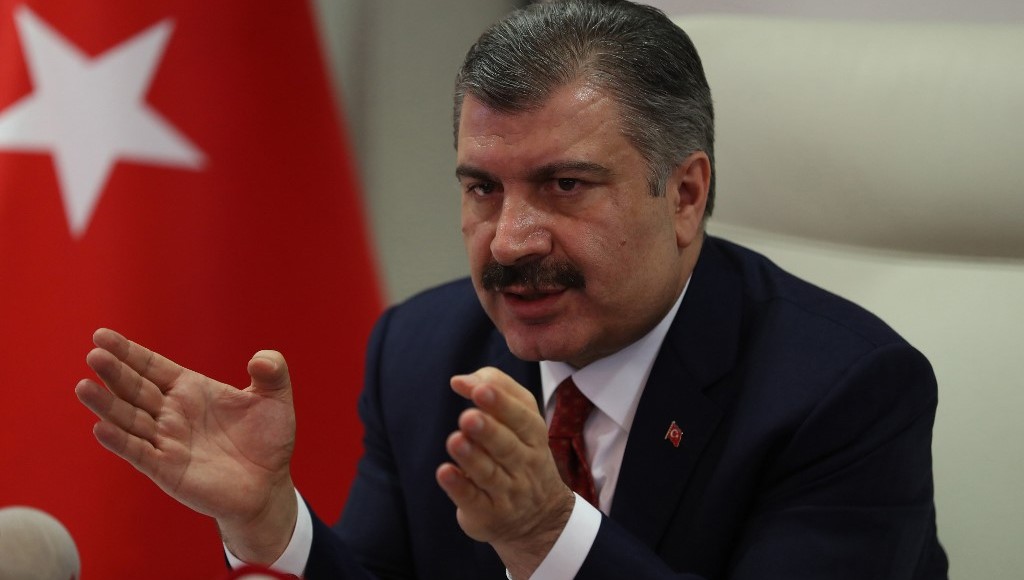Turkey’s Health Minister Fahrettin Koca, who recently faced criticism due to the absence of Kurdish among the five language options added to the country’s electronic prescription system, explained that the application aimed to assist tourists and foreigners in Turkey, not Turkish citizens, local media reported on Monday.
After Koca announced on X, formerly known as Twitter, over the weekend that English, German, Arabic, French and Russian were added as language options in the system, healthcare workers, human rights defenders and politicians criticized the absence of Kurdish since Kurds are the largest ethnic minority in the country, making up around 18 percent of the population.
While the Şırnak Bar Association submitted an official application to the ministry for the inclusion of a Kurdish language option in the system, Sezgin Tanrıkulu, an MP from the main opposition Republican People’s Party (CHP) for the predominantly Kurdish province of Diyarbakır, said the exclusion of a language that is the mother tongue of millions of citizens is “unacceptable.”
“… Where is Kurdish, the ancient language of these lands? Why haven’t you added it to the system?” the pro-Kurdish Peoples’ Democratic Party (HDP) also said in a tweet, adding in Kurdish that Koca has never been competent in his own language (Kurdish), either.
In reply to the criticism, the minister on Monday stated that the addition of five new languages to the system was necessary for tourists and foreign patients, adding that the system was only available in Turkish for citizens.
“Turkey is demonstrating advancements in health tourism that every conscientious citizen can take pride in. … Some patients receive medical examinations in Turkey and obtain their medications in their own countries. The addition of five foreign languages to the e-prescription system is a necessity stemming from the international success in healthcare services,” Koca explained.
Throughout most of the 20th century, successive governments have imposed outright bans on or suppression of the Kurdish language in Turkey.
Since an attempted coup against Turkish President Recep Tayyip Erdoğan and the ruling Justice and Development Party (AKP) in July 2016, the government has shut down a number of Kurdish language institutes, dailies, websites and TV stations as part of a crackdown targeting the Kurdish political movement.



